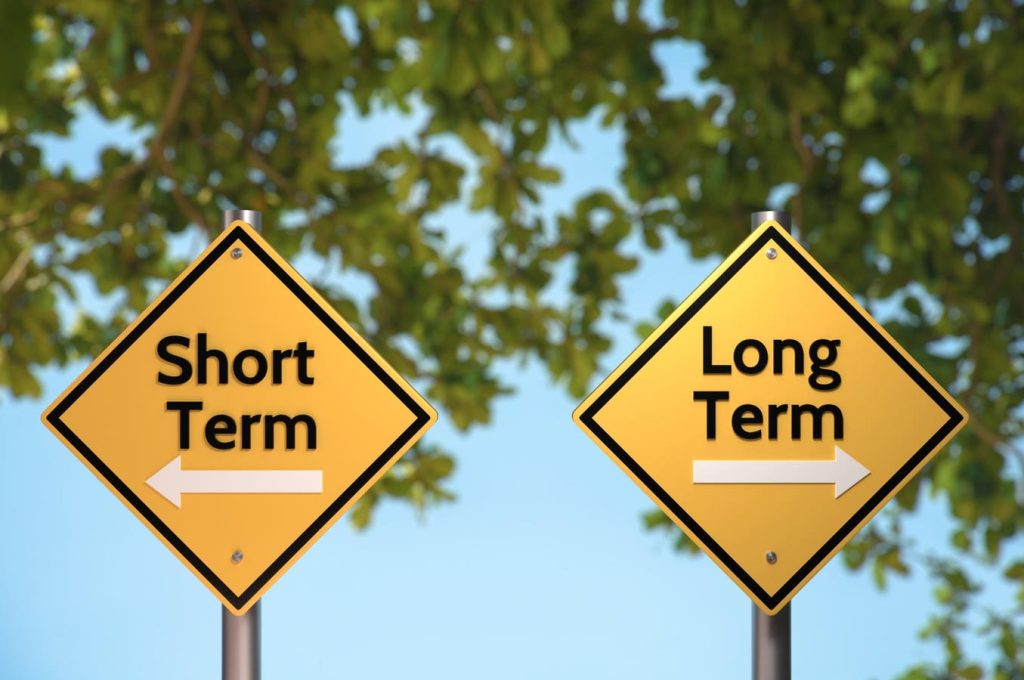Understanding Capital Gains Taxes
Capital gains tax is a levy imposed on the profit realized from the sale of a capital asset, such as stocks, bonds, real estate, and digital assets like cryptocurrencies. These assets are typically held for personal or investment purposes. However, not all asset sales trigger capital gains tax. Assets held within tax-advantaged accounts, such as 401(k)s and IRAs, are exempt from capital gains taxation. For assets held in taxable accounts, the tax rate depends on several factors, including the taxpayer’s income level, the holding period of the asset, and the type of asset sold. Long-term gains, realized from assets held for more than one year, are taxed at lower rates (0%, 15%, or 20%) compared to short-term gains (held for one year or less), which are taxed at ordinary income tax rates (10% to 37%). In addition to federal capital gains tax, most U.S. states also impose their own capital gains taxes, further increasing the overall tax burden. High earners may also be subject to the Net Investment Income Tax (NIIT) of 3.8% on their net investment income, including capital gains.
The Nuances of Capital Gains Taxation
The capital gains tax landscape is further complicated by specific rules and exceptions. For example, the sale of a primary residence can qualify for a substantial exclusion from capital gains tax, up to $250,000 for single filers and $500,000 for married couples filing jointly. Inherited assets benefit from a "stepped-up" cost basis, where the asset’s value is adjusted to its fair market value at the time of inheritance, potentially minimizing future capital gains tax liability for the beneficiary. Special assets, such as collectibles and qualified small business stock (QSBS), may be subject to different capital gains tax rates. Collectibles are taxed at a maximum rate of 28%, while certain QSBS held for at least five years may qualify for partial or complete exclusion from capital gains tax. Understanding these nuances is crucial for effective tax planning and maximizing after-tax investment returns.
Short-Term vs. Long-Term Capital Gains
The distinction between short-term and long-term capital gains is primarily based on the holding period of the asset. Short-term gains are realized from assets held for one year or less and are taxed at higher ordinary income tax rates, potentially pushing taxpayers into a higher tax bracket. Conversely, long-term gains, from assets held for more than a year, are taxed at more favorable lower rates, incentivizing long-term investing. This difference in tax treatment highlights the importance of considering the holding period when making investment decisions. While short-term gains can provide quick profits, the higher tax burden can significantly impact overall returns.
Capital Losses and Tax Strategies
Capital losses, incurred when an asset is sold for less than its purchase price, can offset capital gains, reducing the overall tax liability. Short-term losses offset short-term gains, while long-term losses offset long-term gains. Any remaining net losses can be used to offset gains of the other type, and up to $3,000 of net capital losses can be deducted against other income, such as salary. Unused capital losses can be carried forward indefinitely to offset future capital gains. This provision allows investors to strategically utilize capital losses to minimize their tax burden over time. "Tax-loss harvesting," a strategy involving selling underperforming investments at a loss to offset capital gains, can be an effective tool for managing tax liability. However, the "wash sale" rule, which disallows deducting losses if the same or a substantially similar asset is repurchased within 30 days, must be carefully considered.
Minimizing Capital Gains Taxes: A Multifaceted Approach
Several strategies can be employed to minimize capital gains taxes, including prioritizing long-term gains, tax-loss harvesting, realizing gains during low-income years, utilizing exemptions for primary residence sales and inherited assets, maximizing 1031 exchanges for like-kind property investments, bequeathing appreciated assets, utilizing tax-advantaged retirement accounts, investing in tax-efficient assets, donating appreciated assets to charity, gifting appreciated assets to family members in lower tax brackets, and considering relocation to states with no capital gains tax. The "buy and die" strategy, where assets are held indefinitely and passed on to heirs, represents an extreme approach to avoiding capital gains tax. However, for most taxpayers, a combination of strategic planning and consultation with a qualified tax professional is the most effective way to minimize capital gains tax and maximize after-tax returns.
The Future of Capital Gains Taxes
Proposed policy changes, such as the potential reduction of the top long-term capital gains tax rate and the indexing of capital gains for inflation, could significantly impact the future capital gains tax landscape. While the details of these proposals and their likelihood of enactment remain uncertain, staying informed about potential changes is crucial for investors. Additionally, speculative discussions about eliminating capital gains tax on cryptocurrency transactions further highlight the evolving nature of capital gains taxation in the digital asset space. Monitoring these developments and adapting investment strategies accordingly will be essential for optimizing tax outcomes in the years to come. It’s important to remember that the information provided here is for general knowledge and should not be considered financial or tax advice. Consulting with a qualified professional is crucial for personalized guidance.










